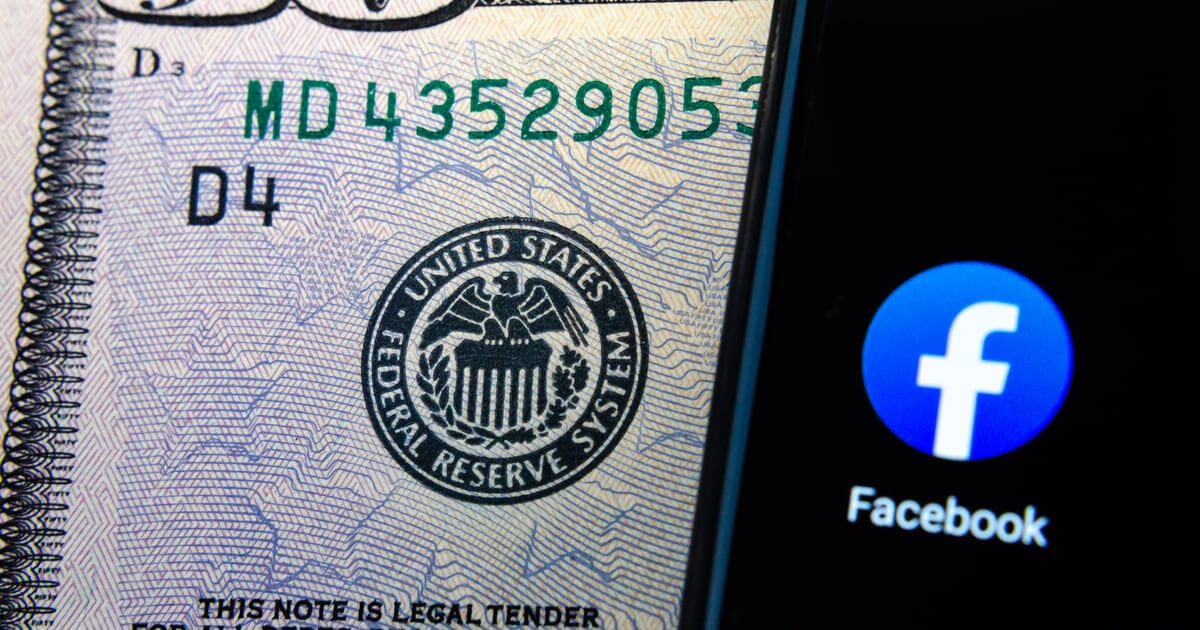Federal Reserve Considers a FEDcoin in Wake of Rising Stablecoin and CBDC Development

Federal Reserve Governor, Lael Brainard said that the Fed is weighing the developments and policy issues in the digital payments sector and experimenting with central bank digital currencies (CBDC) in consideration of potentially issuing its own digital currency.
According to Reuters, Brainard's comments while speaking with the Stanford Graduate School of Business on Feb. 5, suggested that the Federal Reserve is changing its attitude towards the possibility of a Fed digital currency.
Risks of Libra
At the conference, Brainard relayed the potential of digitalized payment solutions to “deliver greater value at lower cost”, before returning to her familiar diatribe regarding Facebook’s Libra and the onslaught of private stablecoins entering the market.
”There are risks,” Brainard said referring to private digital payment systems and alluding to Libra, “Some of the new players are outside the financial system’s regulatory guardrails, and their new currencies could pose challenges in areas such as illicit finance, privacy, financial stability, and monetary transmission.”
It could be deduced that the Fed’s major impetus for joining in on the digital currencies is largely around the dangers it anticipates from a privately owned stable coin with the ability to replace sovereign currency. On Dec. 18, Brainard appeared before a European Central Bank Forum and cautioned the ECB forum that the risks already associated with cryptocurrencies within the financial system would be exacerbated by a widely adopted stablecoin for everyday transactions. As Facebook’s active users account for nearly one-third of the global population, the possibility for quick massive adoption of Libra is very real.
CBDC Pressure
The Central Banks are determined not to be left behind by the new private digital players and adapt to blockchain and digital finance technology for their own leverage.
Research around central bank digital currencies (CBDC) is a major focus for the Central banks currently with six of the world’s central banks coming together to create a working group for experimentation and assessment.
China has been very public about its desire to be the first nation to launch a CBDC and has over 70 patents registered to their project. They even claimed last September that they would have a working version in the coming months but it remains to be seen.
Brainard told the Stanford audience that the Fed is also looking to develop its own real-time payment settlements service and they are “conducting research and experimentation related to distributed ledger technologies and their potential use-case for digital currencies.”
Fed Must Ensure Monetary Stability
As the world’s Central banks have publicly announced their bid to develop CBDC and digital payments, the Fed has also been criticized in the past few months for being too slow to react
On Sept. 30, 2019, US Representatives French Hill and Bill Foster sent a letter to the Federal Reserve Board Chairman, Jerome Powell, outlining their concerns that the “primacy of the US dollar could be in long-term jeopardy from the wide adoption of digital fiat currencies.”
The two lawmakers cited concerns that the Fed may be moving too slowly in this regard as over, “40 countries around the world have currently developed or are looking at developing a digital currency.”
The congressmen warned that relying on the private sector to develop digital currencies carries a lot of risks and may result in a “loss of control of monetary policy as well as the ability to implement and enforce effective anti-money laundering and counter-terrorism financing measures.”
The lawmakers noted that the Federal Reserve not only has the capability but also a mandate to ensure stability and safety in the financial system and believe the Fed should “take up the project of developing a US dollar digital currency.”
From Brainard’s appearance at Stanford, it appears that the Fed has heard the message loud and clear and are now working with Central Banks to advance their own understanding of CBDC. It may not be long before we hear a concrete announcement of a Federal Reserve Digital Currency.
Image via Shutterstock

